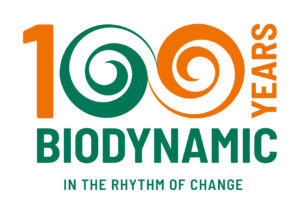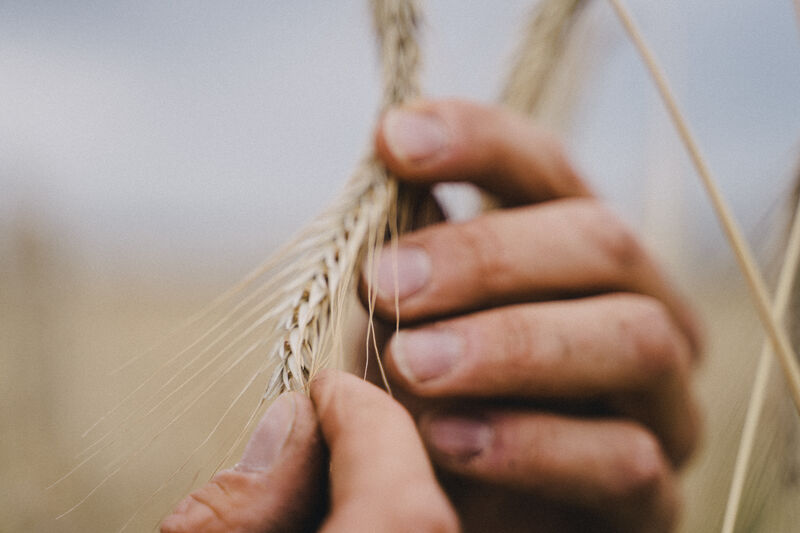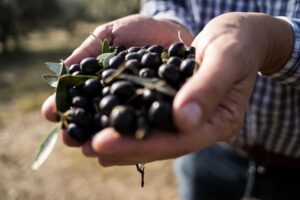12 benefits of biodynamic farming

The year 2024 marks the celebration of the 100 years anniversary of biodynamic farming. Since hundred years biodynamic and Demeter farmers contribute to the regeneration of our soils, to the preservation of our biodiversity, to the well-being of our animals, and so much more. For the 100 years’ anniversary of biodynamic farming, each month is dedicated to a specific contribution of biodynamic farming illustrating the potential of biodynamic farming to face the challenges of today: July is dedicated to ‘seed and breed diversity‘.
Preserve genetic diversity
Plant diversity is one of the most important foundations for food for all people on earth. Diversity makes it possible for agriculture to adapt to changing environmental conditions and challenges, it gives the plants the capacity to flourish even under extreme conditions, and it ensures a diversity and richness of tastes. Yet we have lost about 75% of the world’s agricultural diversity while plant breeding has been increasingly centralised through the biotech industry.
Free access to genetic resources
GMOs and their associated patents further concentrate the ownership of seeds in the hands of a few companies. Most GMOs also often lead to an increased use of chemical inputs to face even more resistant pests. This jeopardizes our environment and our health. For these reasons, among others, the use of GMOs (both old and new) is strictly prohibited by the Demeter standard. Instead, the free access to genetic resources and the preservation of genetic diversity for the future generations stands at the forefront.
Focus on open-pollinated varieties
To foster seed diversity and to avoid the concentration of seed ownership, Demeter was the first organic association to develop guidelines for plant breeding and to certify biodynamically bred seed and grain varieties. In biodynamic plant breeding the focus lies on open-pollinated varieties fostering the natural means by which plants reproduce and exchange characteristics from generation to generation. Therefore, open-pollinated varieties have a higher genetic diversity and increased climate resilience. But they also ensure farmer’s sovereignty by enabling farmers to keep their own seeds, instead of purchasing new ones every year as is the case with hybrid varieties.
Towards dual-purpose breeding
What can be observed with plant breeding is also the case in animal breeding where the sole focus on performance and efficiency leads to highly specialised breeds. Many locally adapted and robust breeds have already disappeared accelerating the decrease of available breeds. Biodynamic farming tries to encourage breeding diversity to make sure that the animals are resilient and adapted to the climatic conditions they live in. Going even one step further several Demeter and biodynamic farmers are now working actively with multi-purpose breeds rather than relying on the specialised high-performance breeds. As the name suggests, multi-purpose breeds show a balanced performance as they can be used for multiple purposes. Dual-purpose chickens for instance can both be used as layer hens and as broiler chickens which avoids the killing of the male chicks in the case of layer hens.



